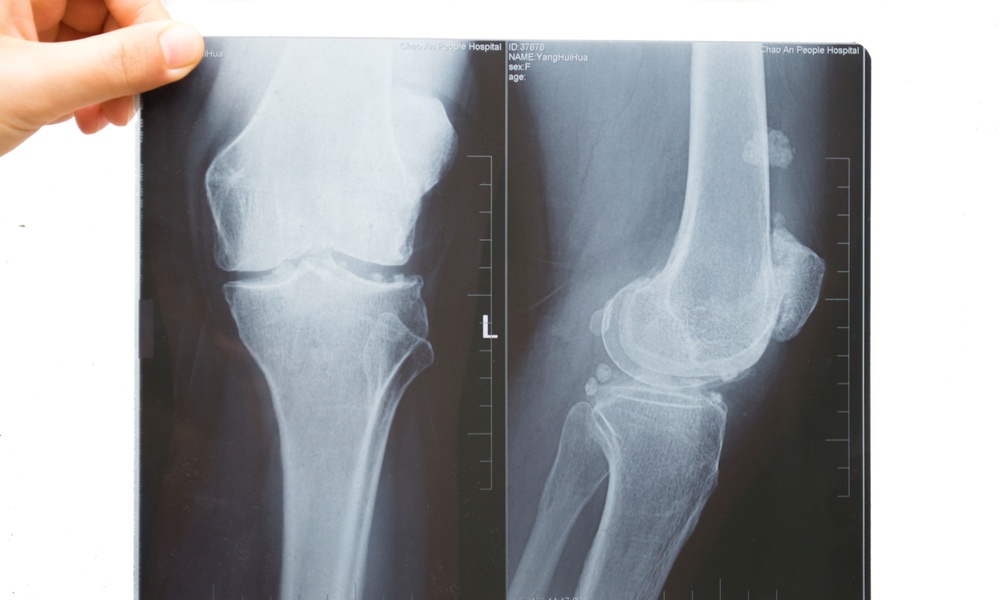Vegetarian diets have their health advantages, but they may come with drawbacks, too. People who don’t eat meat have a higher risk of breaking a bone, a study finds.
There are three basic ways to go vegetarian. Vegans eliminate all animal products from their diets, while vegetarians choose not to eat meat, but may include dairy and eggs. Pescatarians eat only fish and seafood. There are other variations as well.
To get a picture of how diet affects the risk of fractures, researchers from Oxford and Bristol universities looked at information collected from nearly 55,000 people who were part of the EPIC-Oxford study. Just over 29,000 people were meat eaters, while 8,000 ate fish only. More than 15,000 were vegetarian, and just under 2,000 were vegan.Vegans had a higher risk of bone fractures. The biggest differences were for hip fractures, where the risk in vegans was 2.3 times higher than in people who ate meat.
Vegans, vegetarians and pescatarians had a higher risk of hip fractures than people who ate meat. Vegans also had more leg fractures as well as fractures of the ribs, clavicle and vertebrae. No link was seen between diet and fractures of the arm, wrist or ankle. Once body mass index (BMI) calcium and protein intake were taken into consideration, the differences in the risk of fractures were somewhat reduced, but still significant, suggesting that there may be other contributing factors.
Past studies have shown an association between low BMI and a higher risk of hip fractures and linked inadequate intake of calcium and protein to poorer bone health.
“This is the first comprehensive study on the risks of both total and site-specific fractures in people of different diet groups,” researcher Tammy Tong, of the University of Oxford, said in a statement. “We found that vegans had a higher risk of total fractures which resulted in close to 20 more cases per 1000 people over a 10-year period compared to people who ate meat. The biggest differences were for hip fractures, where the risk in vegans was 2.3 times higher than in people who ate meat.”
Most of the people in the study were white European women. There are many health benefits to eating less meat and more vegetables, but these findings should raise a red flag for people who avoid meat and fish entirely. The study had a couple of limitations — researchers weren't able to differentiate between fractures caused by accidents and those caused by poor bone health, nor was information on calcium supplement use available.
The study is published in BMC Medicine.





